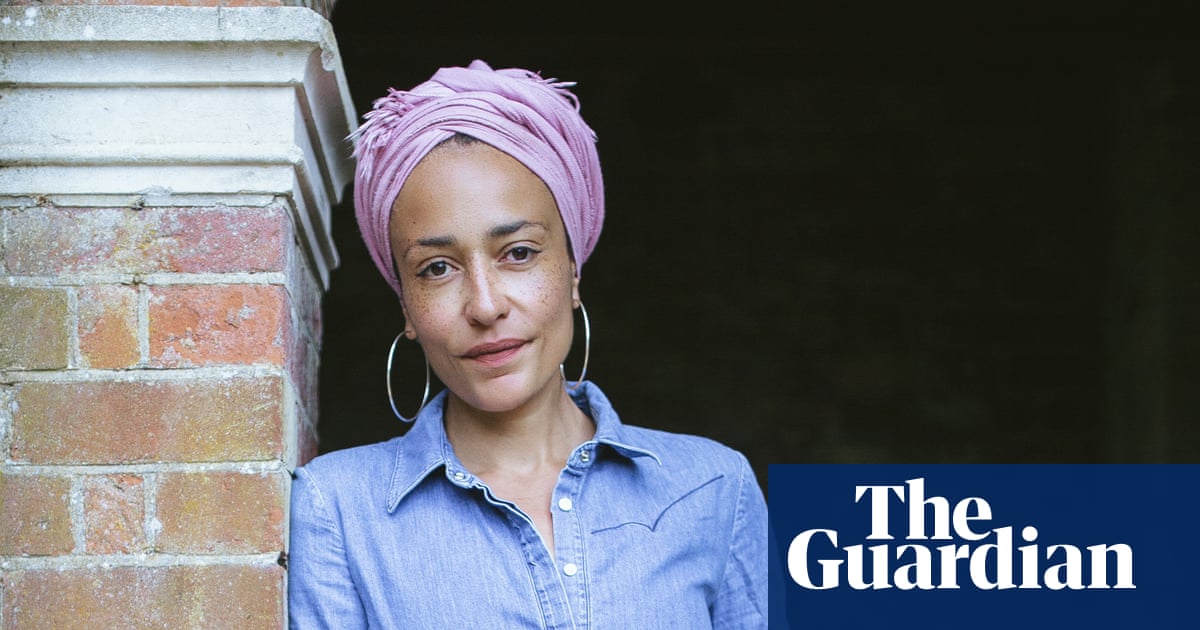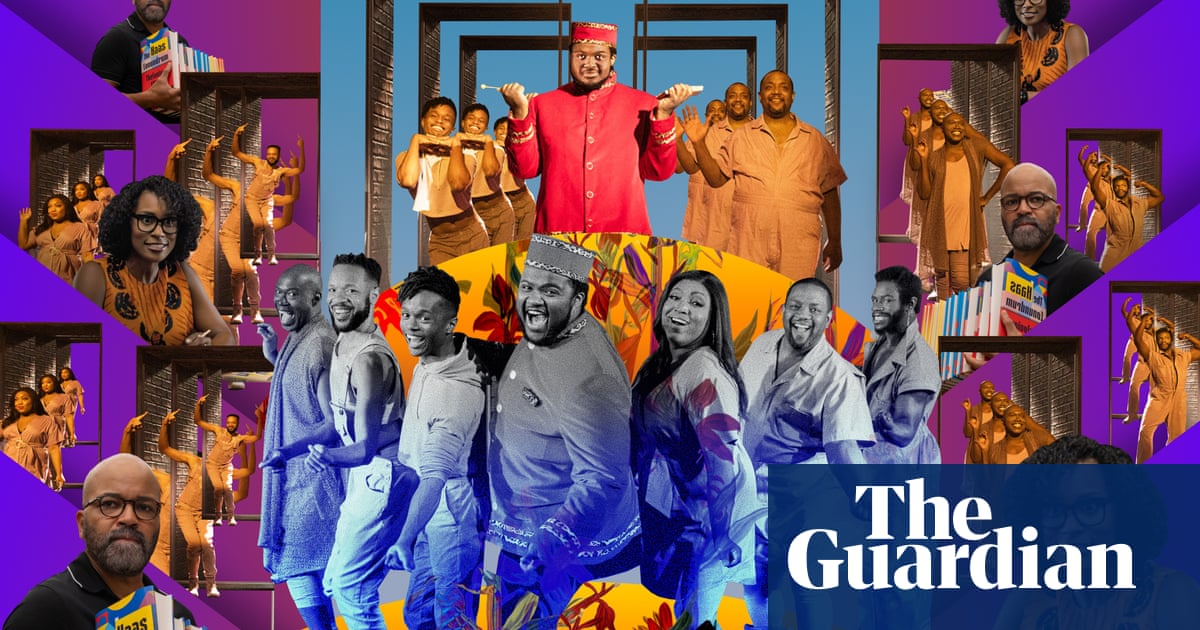
Adrunk woman in the seat next to me is softly caressing my hair as though stroking the ears of a particularly mild-mannered spaniel. It’s a strange sensation, but I can’t really complain because I’m at the theatre. You’re not meant to talk. Just as I rouse myself to say something, she stumbles to her feet and lurches her way to the exit. “Finally!” mutters the woman in front, who made the mistake of asking her to be quiet a few minutes earlier (when my neighbour was dancing in her seat and yelling “That’s right!” after lines she particularly enjoyed), resulting in a whispered row. Order is restored, and we settle down once more to watch Frozen, a moving family show about sisterhood and redemption.
But your average West End audience is not always one big happy family. Especially not right now, when complaints about drunken, chaotic and argumentative audience behaviour have been reaching fever pitch. “It feels like every bloody day there’s a new debate coming up on Twitter about theatre etiquette,” says one theatre usher. “And I hate to stereotype, but the worst incidents seem to happen at jukebox musicals.”
This usher works on one such popular West End show where, she reports, there are constant instances of “people getting really aggy, and fights breaking out.” Her experiences are supported by recent press stories. Last month, a production of Into the Woods at Belfast’s Lyric theatre had to be stopped at the interval after complaints from cast members that audience members were talking and moving around the auditorium. In December, the Drifters Girl star Beverley Knight took to Twitter to complain about the behaviour of two audience members who had to be escorted out of the theatre. “OK. If your intention is to come to the theatre, get rat-a***d, make a scene, disrupt the show thus causing a show-stop?” she wrote on the platform. “My advice is to stay your ass at home. People pay to come to the theatre to be entertained, not to endure your foolishness. Done.”
And Daily Mail entertainment columnist Baz Bamigboye has spoken about seeing an audience member light up a joint at Get Up, Stand Up!, the Bob Marley jukebox musical. “We were standing outside the bar and the security guards raced past us. I said ‘What’s going on?’ and they said ‘A guy’s lit up a spliff in the stalls bar.’ We could actually smell something and it wasn’t a scented candle.”
One theatre fan I spoke to took things a step further by taking the recreational drug MDMA at Les Misérables. “I just wanted to enhance my experience of the show,” he said, “and it was great: I came out at the interval and I just couldn’t stop laughing.”
But are these isolated incidents, or symptomatic of a wider problem, where the pandemic has made people forget how to share a theatre space? It’s hard to tell. When I take a trip to a matinee performance of Saturday Night Fever, the mood is jubilant and celebratory. People bop happily in their seats to songs by the Bee Gees, but mostly in a way that’s considerate to those around them: elbows are neatly tucked in, voices kept soft.
A woman gets out a large bag of crisps and causes mild consternation – “You must be joking me, who brings fucking crisps to the theatre?” mutters the person in front of me. But the real drama is reserved for the second act, when a loud row breaks out between two audience members in the dress circle. The actors battle on valiantly, fighting for attention with the commotion going on above them.
Bad audience behaviour is something that performers and ushers must learn to manage. Broadway star Patti LuPone is famous for a 2015 incident where she snatched a phone from the hand of an audience member who was texting. But for the less famous, taking action is not so simple. An anonymous actor who works in theatre and cabaret tells me that “as a drag performer you develop the craft of telling people when to shut the fuck up. But that’s not something they teach you at drama school.”
As she explains, it’s challenging for actors to know how to respond when the drama in the stalls starts to overshadow the drama on stage: “If you’re in the middle of performing a really emotionally vulnerable scene and you hear a noise, you often don’t have a clue whether someone’s having a medical emergency, a fight, or complaining because they don’t like the show.”
One word that recurs through the conversations I have is “entitlement”. Ticket prices have risen dramatically over the past two decades, but that doesn’t mean audiences behave better. Instead, it puts more pressure on the experience, and leads to disputes between audience members who feel entitled to warble along to their favourite songs, and those who expect to watch the show in silence.
And the pressure to resolve these disputes falls heavily on the shoulders of underpaid, hardworking but often inexperienced ushers, who told me about their experiences of being sworn at and even spat at by angry punters. As one usher put it: “If someone pays a lot of money, only to find their experience gets disrupted by another audience member, we can’t rewind the show and start it again for them, whereas if we were an expensive restaurant, we could just bring them a new steak if their food wasn’t to their liking.”
A degree of rowdiness has always been part of the theatregoing experience: it’s what makes it live and exciting. In Shakespeare’s day, theatres rang to the boos and cheers of groundlings. And in 1809, audience members at the Theatre Royal, Covent Garden were so furious at high ticket prices that they staged the Old Price Riots, where they’d protest and chant so loudly that the performers couldn’t be heard. But the pandemic has created fertile territory for disputes over issues such as mask-wearing, with wildly different levels of enforcement from theatre to theatre. And tensions are running high between audience members with very different ideas of what acceptable theatregoing behaviour looks like.
Dr Kirsty Sedgman from Bristol University specialises in audience behaviour, and explains that defining “good” theatre etiquette is tricky: “It’s a really emotive subject, especially after the pandemic, because everyone wants to be together, but they have very different ideas about what that should mean,” she says. “We’re seeing a tension between people who want to have a fun night out, drink a lot and be rowdy, and those who crave that sense of quiet togetherness that [the theatre director] Peter Brook calls the ‘good kind of silence’.”
Sedgman is clear that certain kinds of abusive behaviour are unacceptable, but says that not everyone will have the same perspective on whether, for example, wearing certain clothes to the theatre is acceptable, or whether eating and drinking, or laughing loudly, or even quietly singing along, should be allowed. “Some of the rules that we’ve instigated in the arts around silent reverent reception come from a particular place and time: 19th-century, anti-working class, colonial campaigns to civilise the world through culture.”
After all, there’s a fine line between objecting to behaviour that ruins performances for everyone, and imposing snobbish restrictions that deter new audiences from coming to the theatre.
Those at jukebox musicals might behave in ways that are more accepted at a gig, says theatre producer Richard Jordan. “A show like Get Up Stand Up! will bring in a whole new audience who might not have been to the theatre before, but they might have been to a concert.”
Bamigboye thinks that people need to be primed before they come to the theatre. “When you book, it should say in bold lettering: ‘No inebriation, no illegal substances, and no singing along – that’s why we hire these very expensive actors’.” But Jordan says that “people bristle if they’re suddenly being thrown all these rules and regulations, it can be quite jarring. It also doesn’t make the theatre feel like a terribly welcoming place.”
One answer comes from the world of immersive theatre, where shows such as Mamma Mia! The Party and The Great Gatsby offer interactive storytelling and a rollicking good time for audience members who don’t want to stay in their seat orremain quiet. The Great Gatsby’s producer, Brian Hook, explains that: “more and more, audiences want to live in an experience and engage with it in ways that feel new and exciting”.
Immersive shows typically begin with an “airlock”, where audience members are primed for the experience by an actor, who explains the rules in a way that keeps things fun and “in world”. Hook says: “One of our rules for The Great Gatsby is you can’t get too drunk or we will throw you out. Every single member of the audience is told that very explicitly.”
Communication is clearly key: there’s a need for actors and ushers to set out their expectations to audiences in a way that’s welcoming rather than forbidding. As Hook says, after the isolation of the pandemic, everyone’s ready to have a good time: they just need to agree over what that looks like. “Suddenly, light entertainment feels so much more important than it used to. People just need to smile and laugh and sing together.”
Frankly, I’m just so pathetically grateful to be back in the theatre that I’ll put up with a little unsolicited hair-stroking alongside the strains of “Let It Go!”. You could even argue that a little bit of misbehaviour in the theatre is a sign of its health. This isn’t a staid, decaying art form frequented only by tradition-bound devotees. It’s one that’s bringing new audiences through the doors, and they’re breathing sometimes tipsy, sometimes argumentative, but always vital life into centuries-old spaces.












